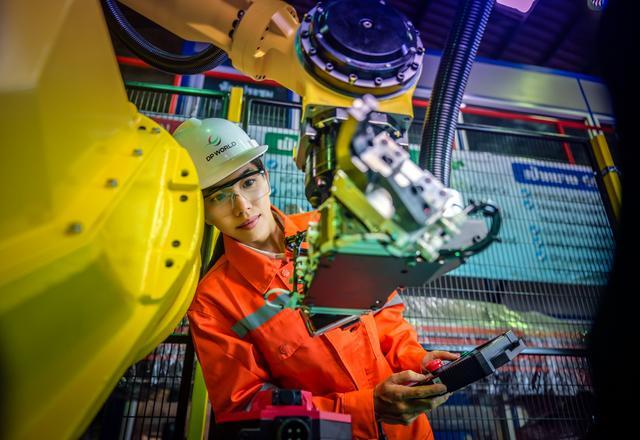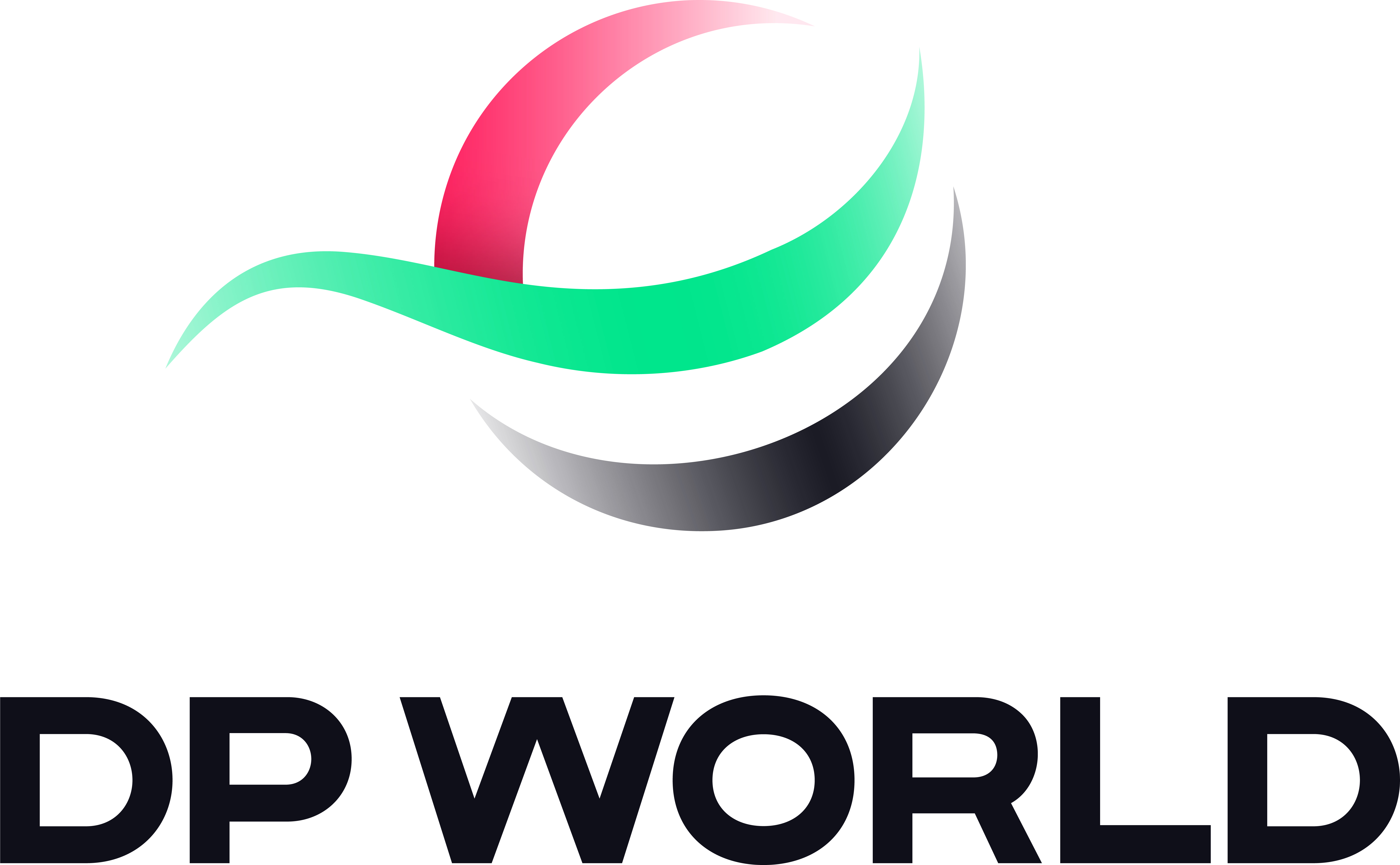Building Resilient Supply Chains: Why AI and Automation Are the Future of Global Trade

In his recent Supply Chain Management Review article, “Building Resilient Supply Chains: How AI, Automation, and Emerging Technologies Are Shaping the Future of Global Trade,” Morten Johansen, Chief Operating Officer for DP World in the Americas, underscores that digital transformation is no longer optional for global trade. “We’re entering an era where resilience depends on the ability to anticipate disruptions and act before they happen,” he writes, adding that companies must embrace artificial intelligence (AI) and automation to remain competitive in an increasingly volatile environment.
AI and Automation Take Center Stage
Johansen highlights that AI and automation are enabling businesses to predict disruptions, optimize logistics flows, and reduce waste. “AI-powered analytics provide visibility and foresight that traditional tools simply can’t match,” he notes. From predictive demand forecasting to robotic handling in warehouses, these technologies are transforming global supply chains into agile, data-driven networks.
At DP World, this transformation is well underway. We are integrating AI and automation across our global operations—from using predictive analytics in our CARGOES logistics platform to enhance visibility, to deploying autonomous cranes and vehicles at our terminals. These advancements streamline trade flows while cutting costs and emissions, creating a smarter, more sustainable logistics ecosystem.
Resilience Through Regionalization
Technology alone won’t build resilient supply chains. Johansen also emphasizes that companies are increasingly regionalizing operations to reduce dependence on long, fragile supply chains. Nearshoring and diversification are becoming standard strategies to mitigate geopolitical and climate-related risks.
DP World is directly supporting this trend with investments in logistics hubs and special economic zones across the Americas. In Mexico, we’ve expanded freight forwarding operations to serve growing nearshoring demand, while in the Dominican Republic, our $760 million ESG-driven Special Economic Zone has potential to create up to 50,000 jobs and serve as a regional hub for sustainable manufacturing and trade.
Sustainability as the Backbone of Resilience
The future of resilient supply chains is also the future of sustainable supply chains. As global trade is set to double by 2050, ports and logistics providers must minimize their environmental footprint. DP World is investing in hydrogen-powered cranes, electrified truck fleets, and shore power facilities to slash emissions at ports worldwide. These innovations not only help us meet our net-zero targets but also give our partners confidence that their supply chains align with global ESG goals.
Looking Ahead
Johansen’s article makes it clear: AI, automation, and emerging technologies are no longer “nice-to-haves.” They are mission-critical for supply chain leaders looking to thrive in an uncertain world.
At DP World, we’re not waiting for the future – we’re building it. By combining cutting-edge digital tools with sustainable infrastructure investments, we’re helping businesses worldwide turn disruption into opportunity.
Explore further insights and read Johansen’s full article here.

